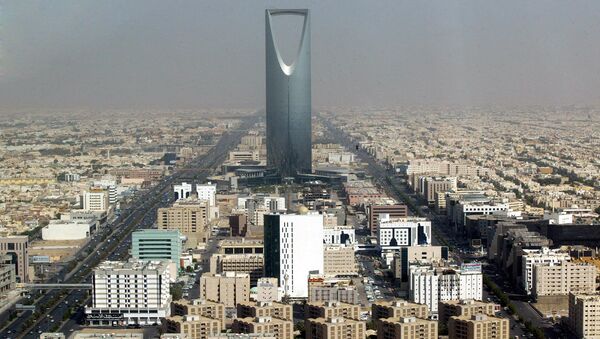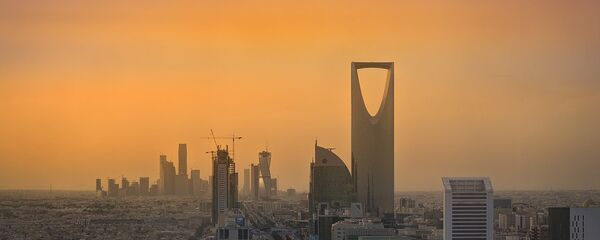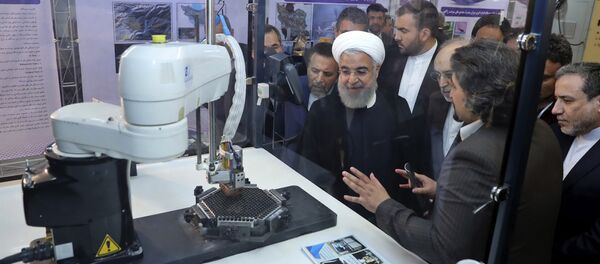"In this particular context, building 40 atomic reactors in Saudi Arabia is all about the money to be made by certain actors," Kamps told Radio Sputnik's Loud & Clear on Wednesday. "Nevermind, I mean, another risk of doing that… the Middle East is kind of a dangerous neighborhood."
A new congressional report from the House of Representatives' Committee on Oversight and Reform recently revealed that the White House is planning to expedite construction of several nuclear reactors across Saudi Arabia.
Based on information obtained from whistleblowers, the report goes on to name IP3 International, ACU Strategic Partners, Colony NorthStar and Flynn Intel Group as several commercial entities pushing the plan in an effort to "reap billions of dollars through contracts associated with constructing and operating nuclear facilities in Saudi Arabia."
Individuals named in the report include Energy Secretary Rick Perry, White House adviser Jared Kushner, former National Security Advisor Michael Flynn and Tom Barrack, who served as the inaugural committee chairman for US President Donald Trump.
The report goes on to provide a timeline of events in which the plans were first placed in motion after Trump took the presidential win in 2016 against rival Hillary Clinton.
"We've known for many months about some of the broad strokes of this," Kamps told host Brian Becker. "But this report from the Oversight and Reform Committee provides a lot more detail, and a lot of that detail has to do with high-level Trump officials and associates, and their roles in this."
For instance, Barrack was named in the report as being appointed by the newly inaugurated Trump to the position of "special representative" to implement the nuclear plan, which was called the Middle East Marshall Plan.
Kamps told Becker that setting up nuclear plants in Saudi Arabia could bring a heap of trouble to the region, especially if an enemy of the kingdom were to destroy a reactor, bringing about a meltdown like the March 2011 Fukushima Daiichi nuclear disaster.
"You don't want these in your country when you're at war, because your adversary could blow them up and poison your country," he said.



